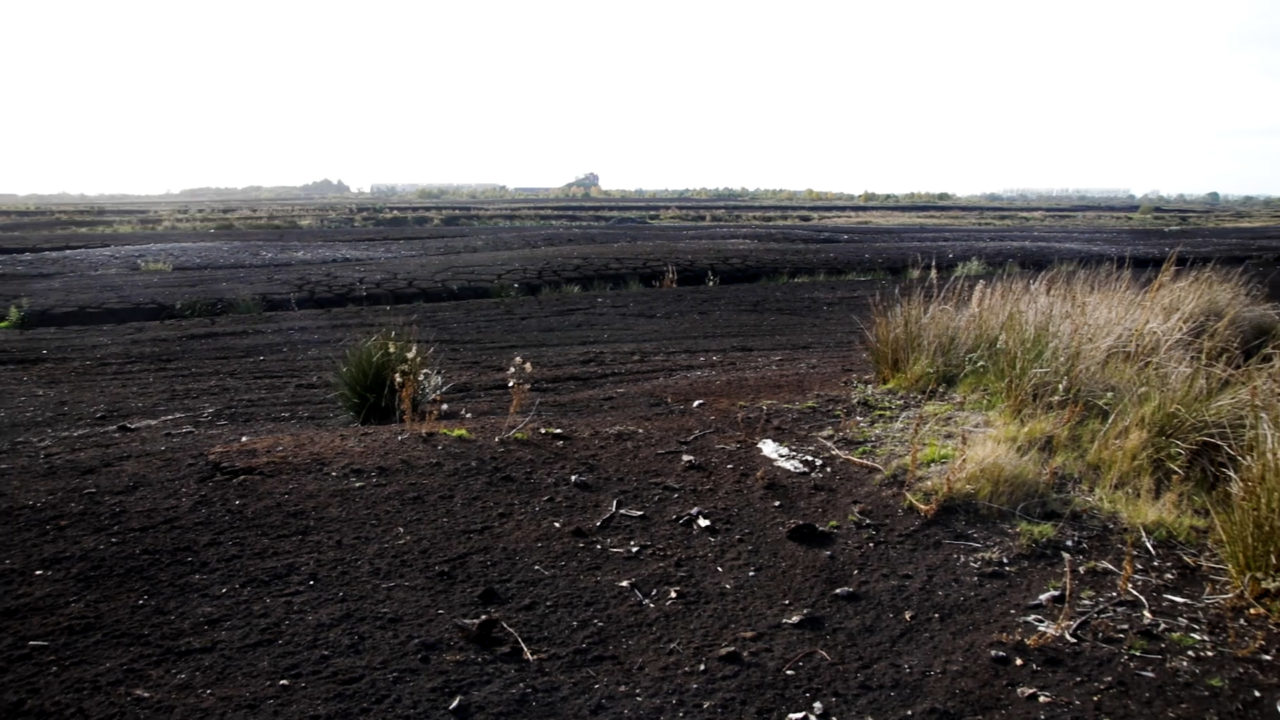Bord na Móna has “failed to indicate if it will provide explicit written guarantees” to landowners of nearby farmlands to the semi-state body’s lands, independent TD Carol Nolan has claimed.
Deputy Nolan said she is “deeply disappointed” by the response she has received from Bord na Móna following her request that the company provide a written legal agreement to farmers whose land may be flooded as part of the bog rewetting process.
Deputy Nolan had written to Bord na Móna chief executive Tom Donnellan on the matter earlier this week with the backing of the Dáil Rural Independent Group.
“I can accept that the response from Bord na Móna is an attempt by the company to lay out its position clearly and constructively,” she said.
What I cannot accept however, is its ongoing unwillingness to explicitly state that it will provide the kind of meaningful legal certainty that I and my rural group colleagues have sought on behalf of farmers and landowners.
The response states that Bord na Móna is in the process of engaging with the farming groups on clarifying the care and maintenance programme that it will operate post the rehabilitation of the peatlands.
However, the TD claimed: “On the face of it this strikes us as yet another can kicking and evasive exercise that does not adequately address the concerns we have raised.
“Consultation must end with a written agreement. That is our entire point. We will not be satisfied by commitments to endless talks,” she added.
It was noted that current engagement between Bord na Móna and farmers is “in addition to the detailed programme of regulatory compliance” that the company has started under the Integrated Pollution control (IPC) with the Environmental Protection Agency (EPA).
However, the TD argued: “The whole point of Integrated Pollution Control is merely to prevent or reduce emissions to air, water and land, and reduce waste.
What has that got to do with the legal certainty around flooding supports that we are seeking on behalf of farmers?
Turning to the issue of turbary rights, it was noted that Bord na Móna says the extent of the right is limited to the fuel requirements of the dwelling house to which the turbary right is attached, and it is not a right to cut and sell turf.
“It goes on to say that turbary rights holders can continue to cut turf as they have always done.
“This is something I and my rural group colleagues be returning to as we need to see far more detail on this issue before we are satisfied,” deputy Nolan concluded.
